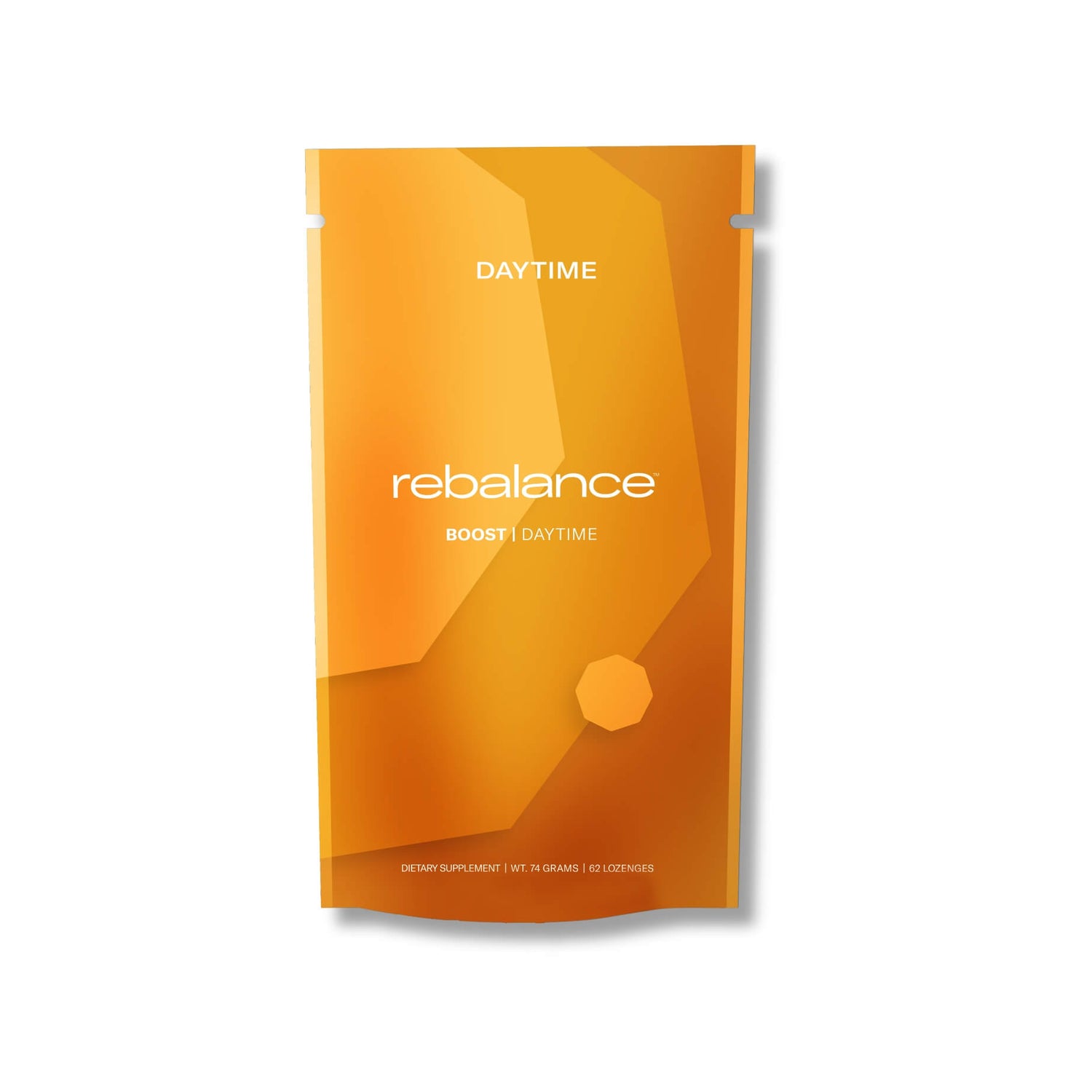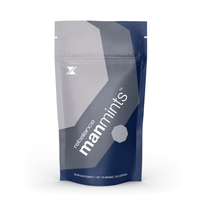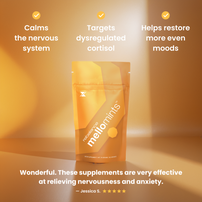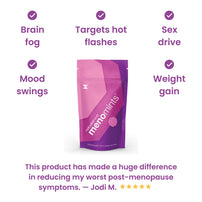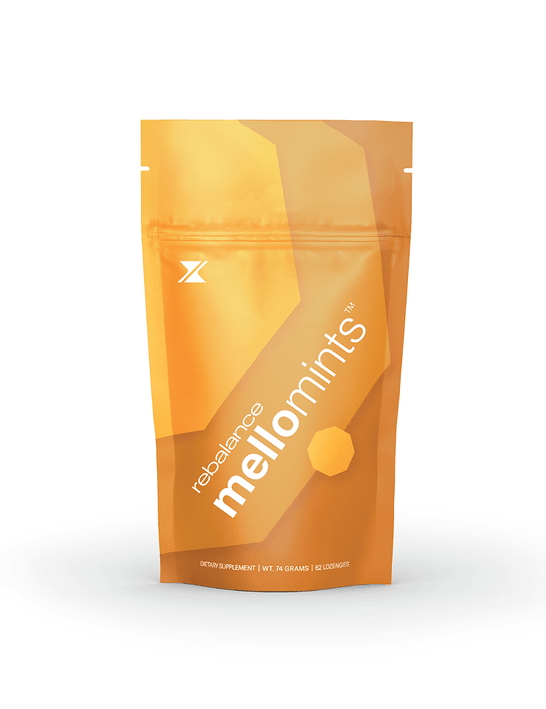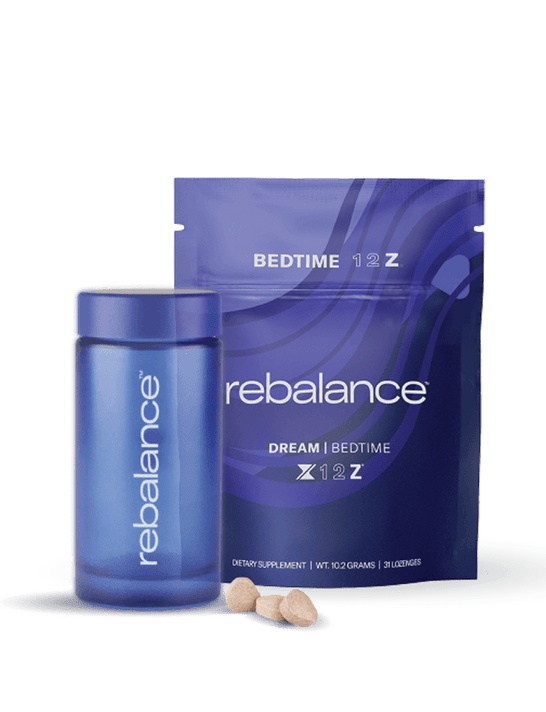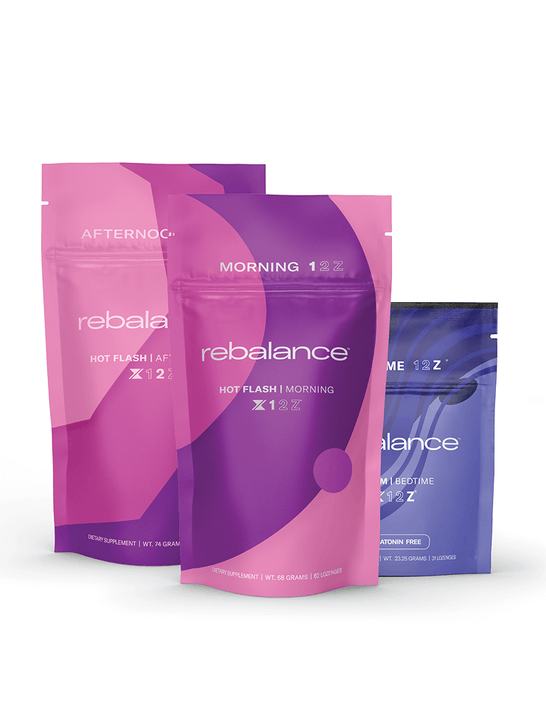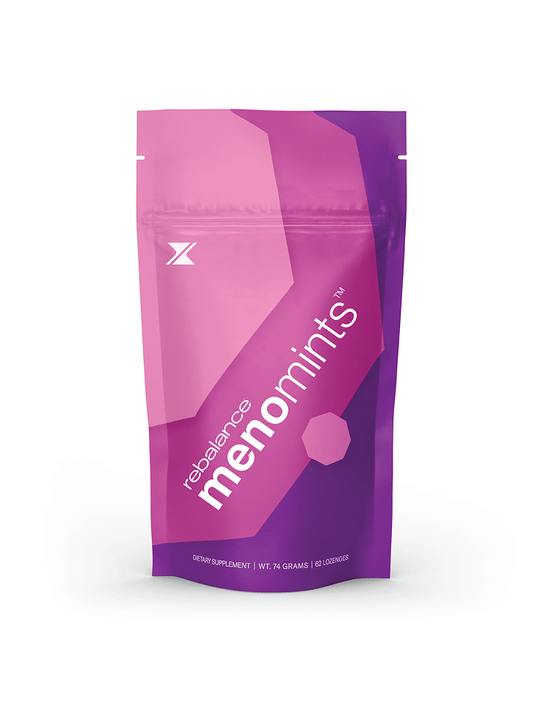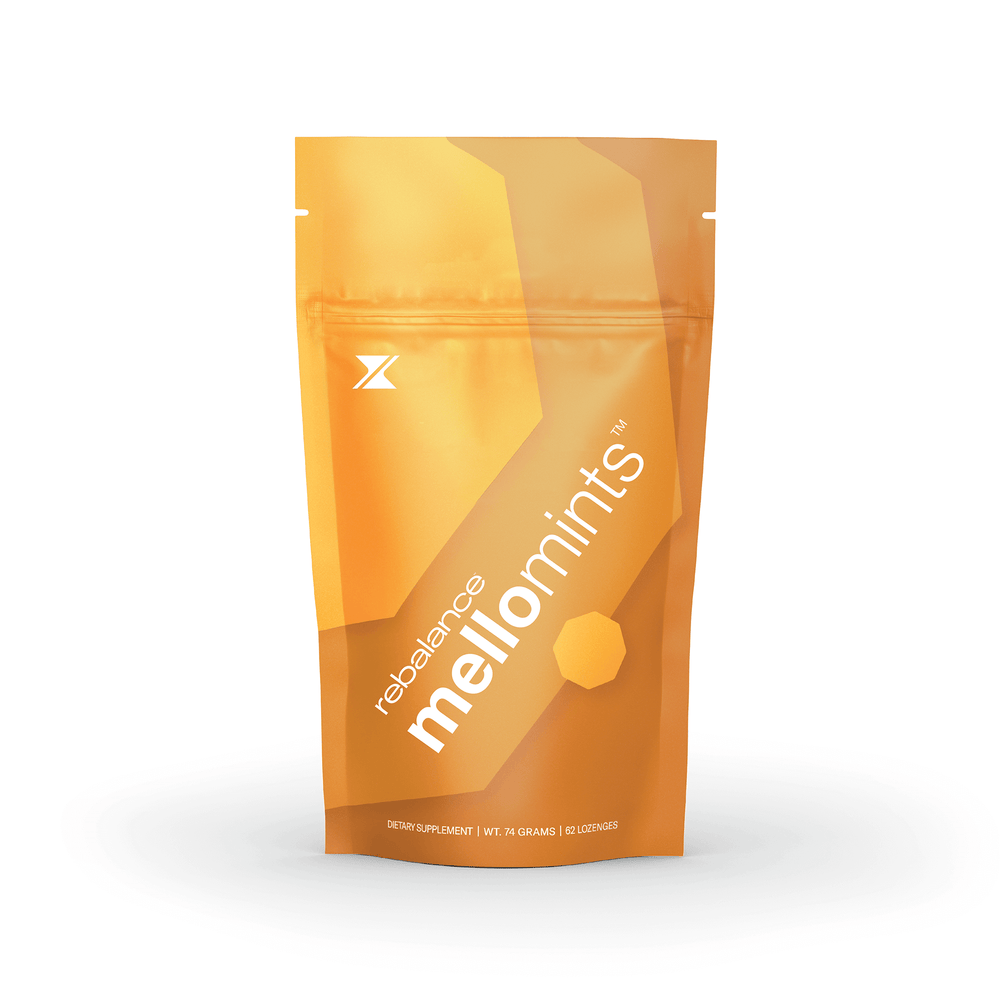Dehydration = More Stress Than You Think
10/05/2025 by Rebalance Health

You already know hydration matters for energy, skin, and focus—but here’s one thing most people don’t realize: when you’re even slightly dehydrated, your body feels stressed.
Not mentally stressed—physically stressed. And that stress shows up in your hormones.
The Science Behind It
A 2012 study from the University of Connecticut’s Human Performance Laboratory found that even mild dehydration—as little as 1.5% fluid loss—can raise cortisol levels and worsen mood in both men and women. Participants reported feeling more anxious, tired, and less able to concentrate, even when they weren’t aware they were thirsty.
Why? When you’re dehydrated, your body senses imbalance and releases cortisol, the primary stress hormone, to help maintain stability in blood pressure and energy. But chronically elevated cortisol keeps your body in a low-level state of stress, making you feel on edge and exhausted.
What Dehydration Does to the Body
When you don’t drink enough water:
-
Cortisol increases to compensate for fluid loss.
-
Your heart rate and blood pressure may rise.
-
Focus and mood decline.
-
Sleep can become disrupted.
All from something as simple as not drinking enough water.
How to Rebalance Through Hydration
The fix isn’t complicated, but it does take consistency. Instead of guzzling water all at once, sip steadily throughout the day to keep your cortisol levels stable and your system calm.
A few easy ways to make it a habit:
-
Start your morning with water. Before coffee, drink a full glass to rehydrate after sleep.
-
Keep water visible. A refillable bottle at your desk is a built-in reminder.
-
Add electrolytes or citrus. They help your body absorb water more efficiently.
-
Hydrate before you’re thirsty. Thirst means cortisol is already rising.
The Bottom Line
Dehydration might not feel like a big deal, but your body notices. Even a little fluid loss can raise cortisol, affect your mood, and leave you feeling more anxious and fatigued.
So before you power through that afternoon slump, try this simple stress fix: pause, take a breath, and grab a glass of water.
Your body—and your cortisol—will thank you.
Overview

Stay Calm. Sleep Deep. Wake Clear.
A lozenge that supports deep sleep, better REM, and calmer nights. Without melatonin — unless you want it.
